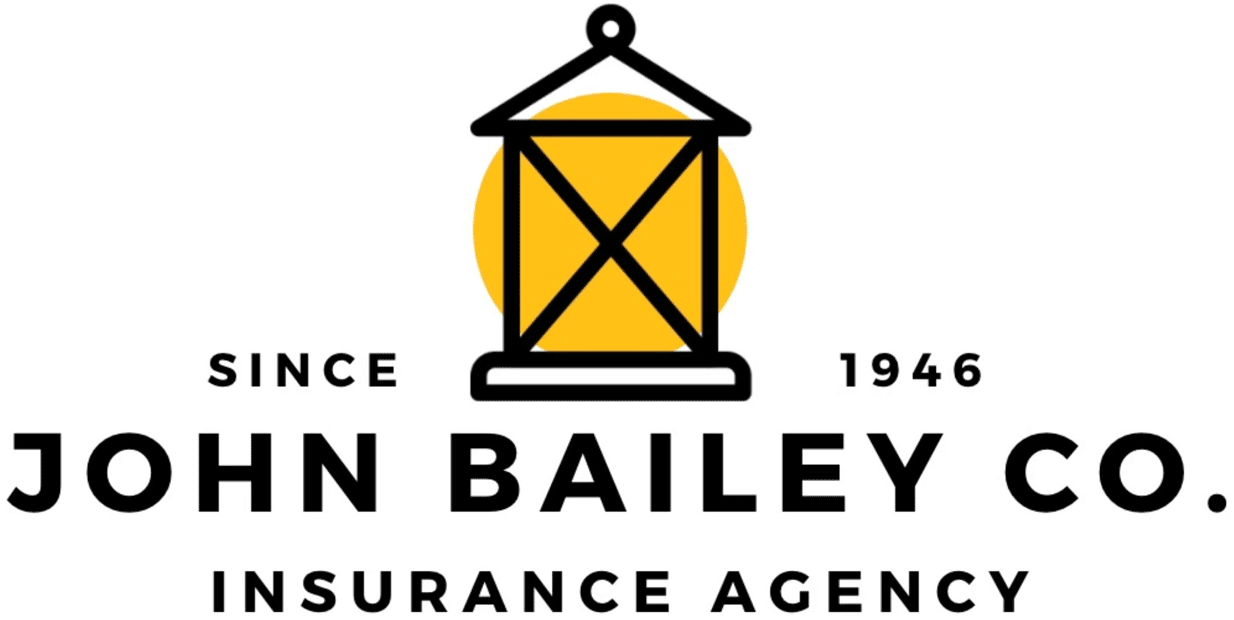Founding, owning, and operating a small business comes with plenty of challenges, and managing risk is one of the most critical. While many small business owners rely on a business owners policy (BOP) as their foundation for coverage, it’s important to understand that it may not be adequate for the risk exposures unique to your business.
Whether it is protecting employees through workers’ compensation to reducing liability with commercial auto and/or cyber liability policies, taking a tailored approach to coverage ensures your business is protected from unforeseen financial loss.
What is a Business Owners Policy (BOP)?
A BOP is a popular choice for small businesses because it bundles two essential coverages – property insurance and general liability insurance – into one package that is often more affordable. It’s a great “base” policy for general risks such as property damage, third-party injuries, or lawsuits.
However, no two businesses are the same, and many risks fall outside the scope of a typical BOP. If you rely on vehicles, operate in high-risk industries, or handle sensitive customer data, you’ll need more than this baseline policy to stay protected.
Additional Coverages Small Businesses Should Consider
1. Workers’ Compensation Insurance
If you have employees, work comp isn’t just recommended, it’s legally required in most states. This coverage helps ensure that your employees are taken care of if they suffer a work-related injury or illness. It can help cover medical expenses, lost wages, and liability for any claims related to workplace injuries.
This is crucial if your business involves physical labor, as even minor incidents may result in major expenses for both the employee and the business.
2. Commercial Auto Insurance
Do you use vehicles for business operations, such as deliveries, sales trips, or moving equipment/inventory? If so, don’t rely on just a BOP and especially not your personal auto insurance – it won’t protect you in the event of an accident during business use.
Commercial auto insurance may help cover damages, injuries, and liability risks associated with business vehicles. For example:
- A catering business delivering food to clients
- A landscaping company transporting equipment to job sites
If you or your employees use vehicles for work, this is a must-have.
3. Industry-Specific Coverages
Your industry plays a big role in determining the risks your business faces, which is why just having a BOP may not be enough. Examples include:
- Professional Liability Insurance (Errors & Omissions): Essential for service-based industries like consulting or accounting. It covers errors, negligence, or incomplete work that leads to client losses.
- Product Liability Insurance: A must for businesses producing goods, such as a bakery or custom furniture maker. It covers claims of injury or damage caused by your products.
- Liquor Liability Insurance: If your business serves alcohol, this is critical for covering incidents such as property damage or injuries resulting from alcohol consumption.
4. Cyber Liability Insurance
Small businesses are increasingly targeted by cyberattacks, and a data breach can be devastating in terms of both finances and trust. While some BOPs offer coverage options for cyber liability, it isn’t often enough. A specific, stand-alone cyber liability policy can help safeguard your business from costs related to:
- Data breaches
- Ransomware attacks
- Legal fees and compliance fines
- Notification costs to inform affected customers
Even if you think your business isn’t a likely target, remember that 43% of cyberattacks target small businesses. Ensuring you have this coverage could be the safety net your business needs in an increasingly digital world.
5. Umbrella Insurance for Added Protection
What happens if a lawsuit or claim exceeds the limits of your liability coverage? That’s where commercial umbrella insurance comes in. This policy acts as an additional layer of protection, covering costs that go beyond your standard insurance policies.
For example, if a slip-and-fall lawsuit results in damages exceeding your general liability policy limit, an umbrella policy can bridge the gap – saving you from financial ruin.
Tailoring Your Insurance to Fit Your Business
Every business is unique, and so are the risks it faces. A tech startup with remote staff has different needs than a catering company with multiple delivery vehicles. While a BOP provides a great starting point, it’s crucial to evaluate your business operations and potential exposures to identify additional coverages that suit your industry and scale.
Questions to Consider:
- Do you employ workers? If yes, invest in workers’ compensation insurance.
- Do you use vehicles for business? Then make sure to get commercial auto insurance.
- Do you store or handle customer data? The right cyber liability insurance may be essential.
- Are there industry-specific risks associated with your business? Consider specialized coverages.
Protect Your Business, Prepare for the Future
Insurance isn’t just an item to check off your list of “to dos” – it’s your business’s lifeline in uncertain times. Whether you’re just starting out or scaling up, having the right insurance coverages gives you peace of mind and confidence to focus on what you do best.
Not sure where to begin? Our team is here to help!

